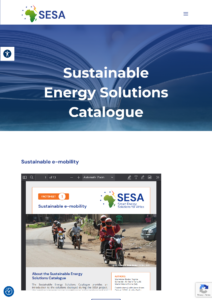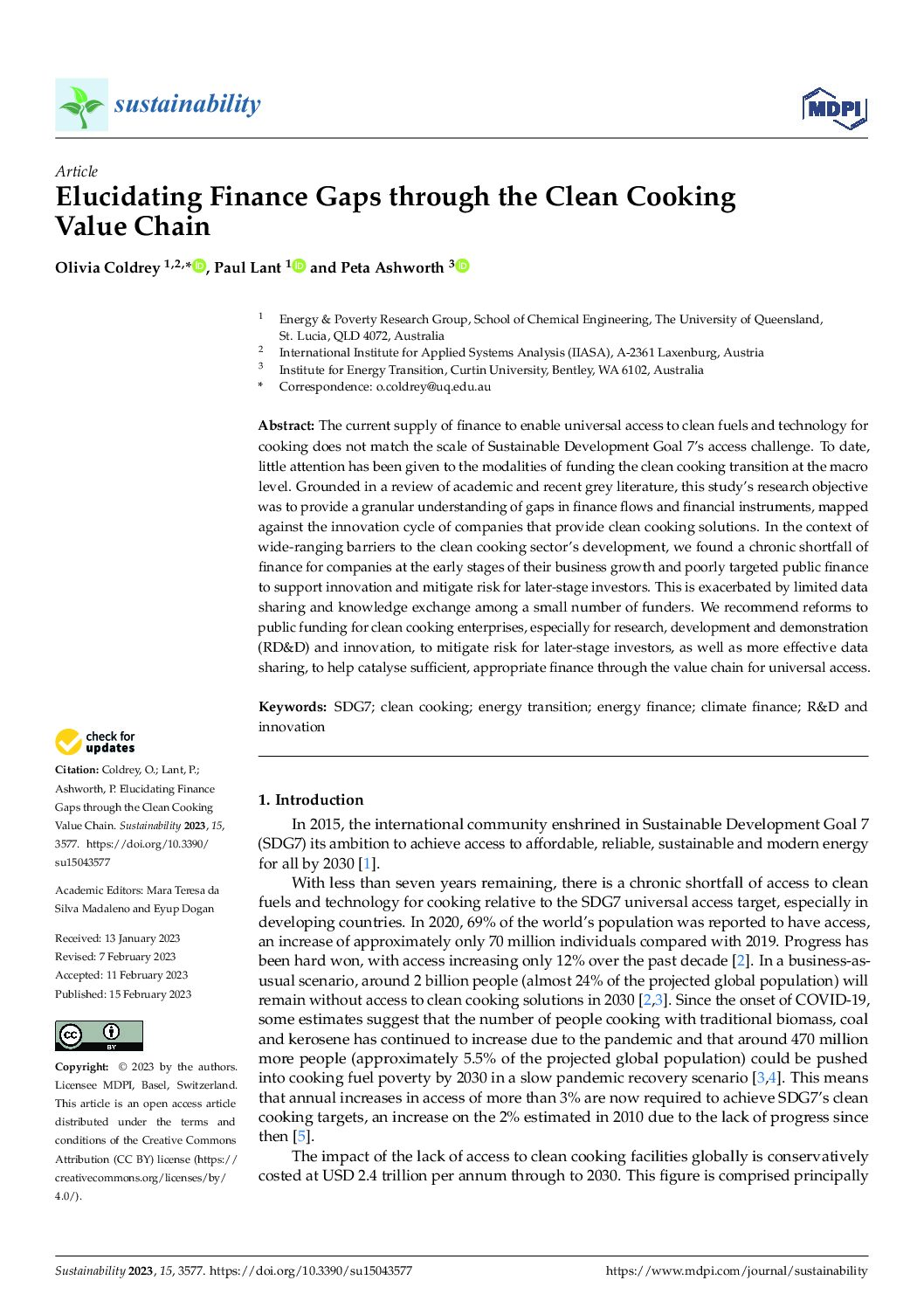This study examines the integration of AI into energy management processes in industrial facilities and the advantages it provides.
The Green Steel Tracker aims to support decision makers in policy and industry, academia as well as civil society, by tracking public announcements of low-carbon investments in the steel industry and presenting them transparently in one place.
The Roadmap Planner is an interactive tool that supports decision-makers in public and private sectors to design, develop, and implement industry transition roadmaps. From the set-up and design to monitoring and evaluation, the Roadmap Planner guides users step by step through different phases of creating decarbonization roadmaps for transitioning industry sectors.
The SESA Toolbox gathers step-by-step guides, videos and other materials to help stakeholders find, fund and implement solutions for a cleaner, more efficient energy future.
The Sustainable Energy Solutions Catalogue contains a series of briefs to help stakeholders plan, fund and implement projects related to: sustainable e-mobility, productive use of solar energy, second-life lithium-ion batteries, climate proofing sustainable energy solutions, solar mini-grids, the water-energy-food nexus, circularity and sustainable energy, clean cooking, energy efficiency, and e-waste from off-grid solar solutions.
This database provides different dashboards presenting data on the latest investment and operational trends in clean cooking, including carbon market data and customer perceptions of clean cooking companies’ products and services.
This paper models the impact on climate and emissions of Tanzania’s clean cooking targets.
This study identifies gaps in clean cooking financing and recommends reforms to public funding for clean cooking enterprises, especially for research, development and demonstration (RD&D) and innovation, to mitigate risk for later-stage investors, as well as more effective data sharing.
This database presents materials and tools used in awareness raising and marketing campaigns from across the clean cookstoves and fuels sector.


